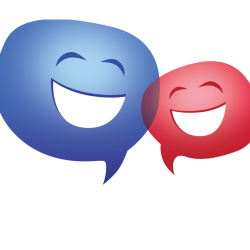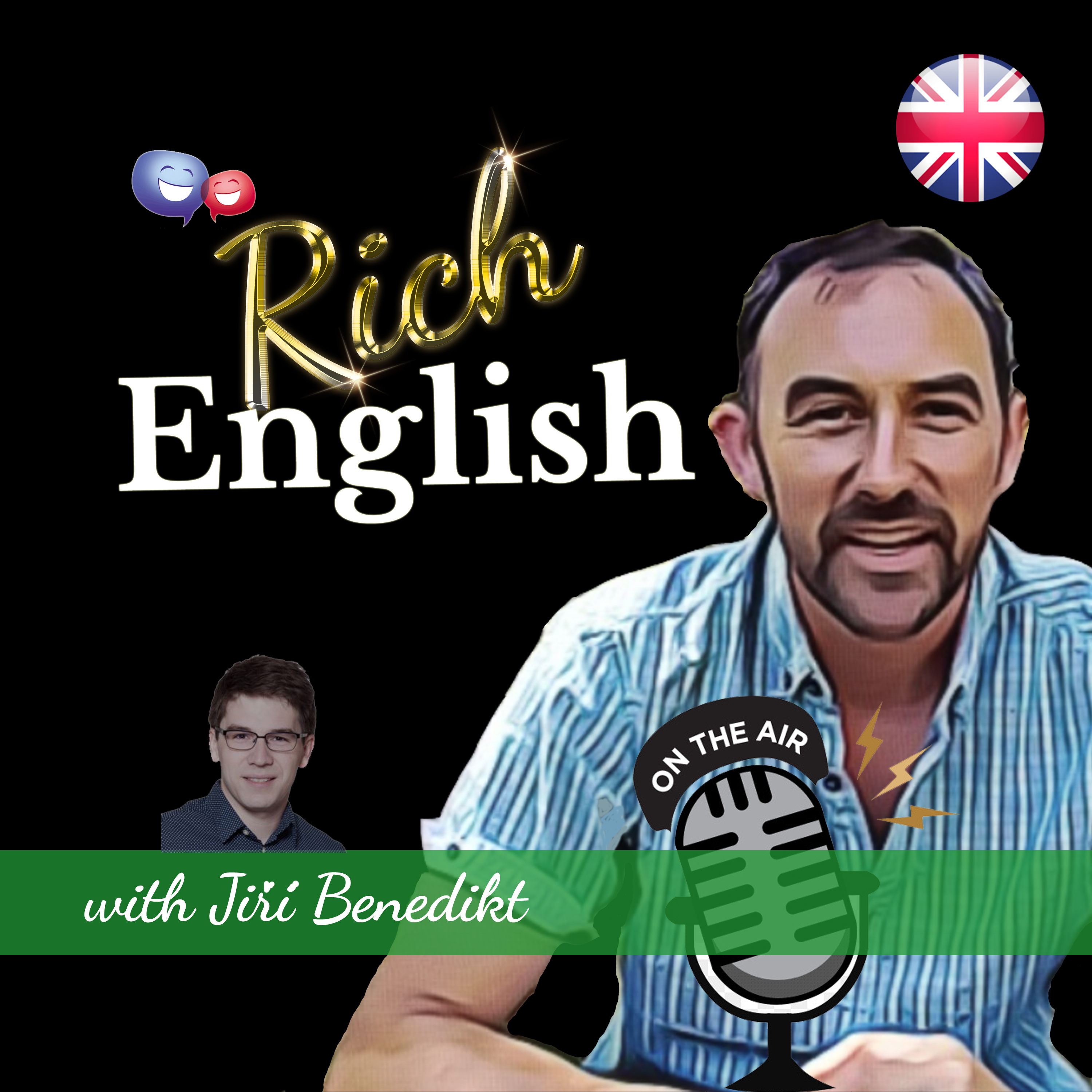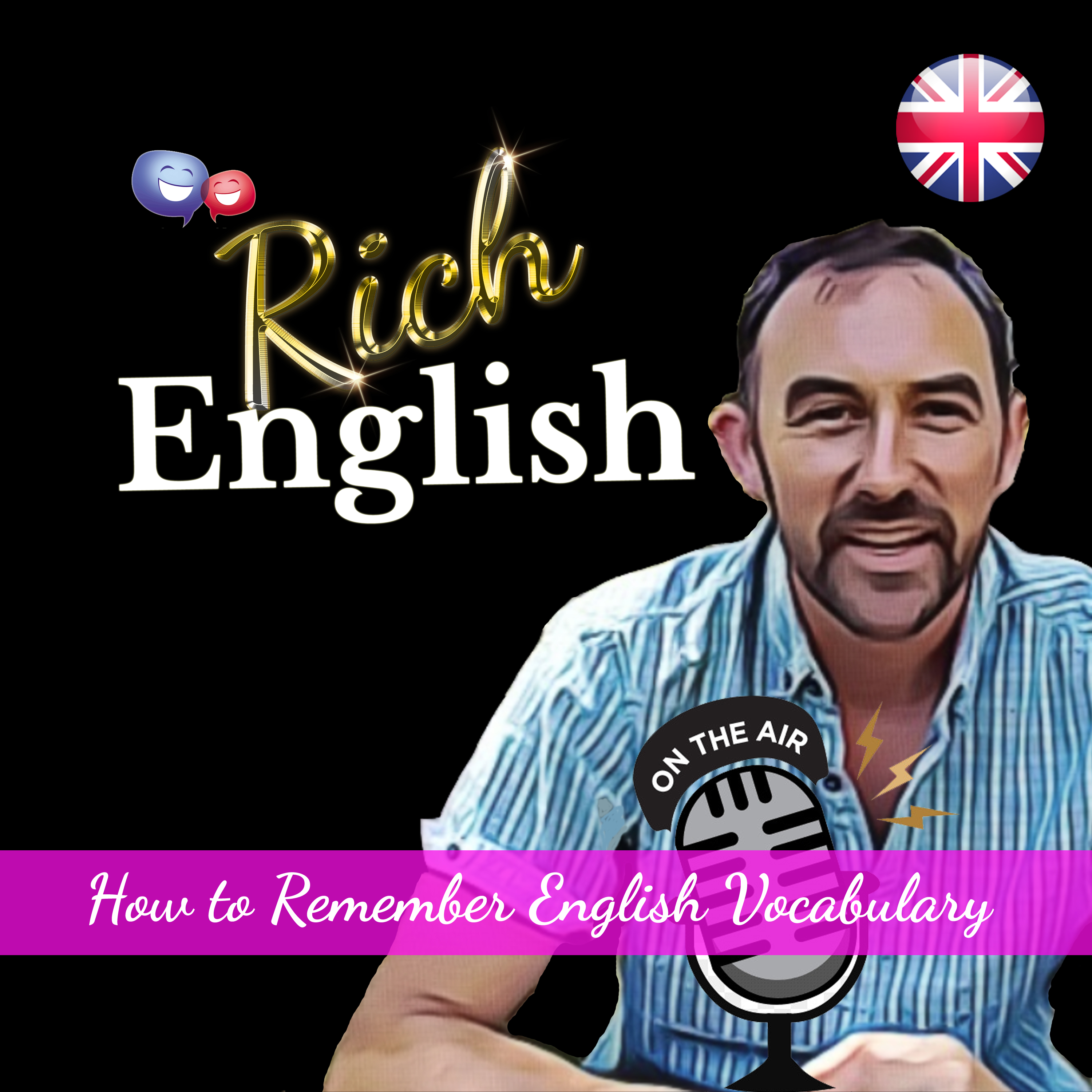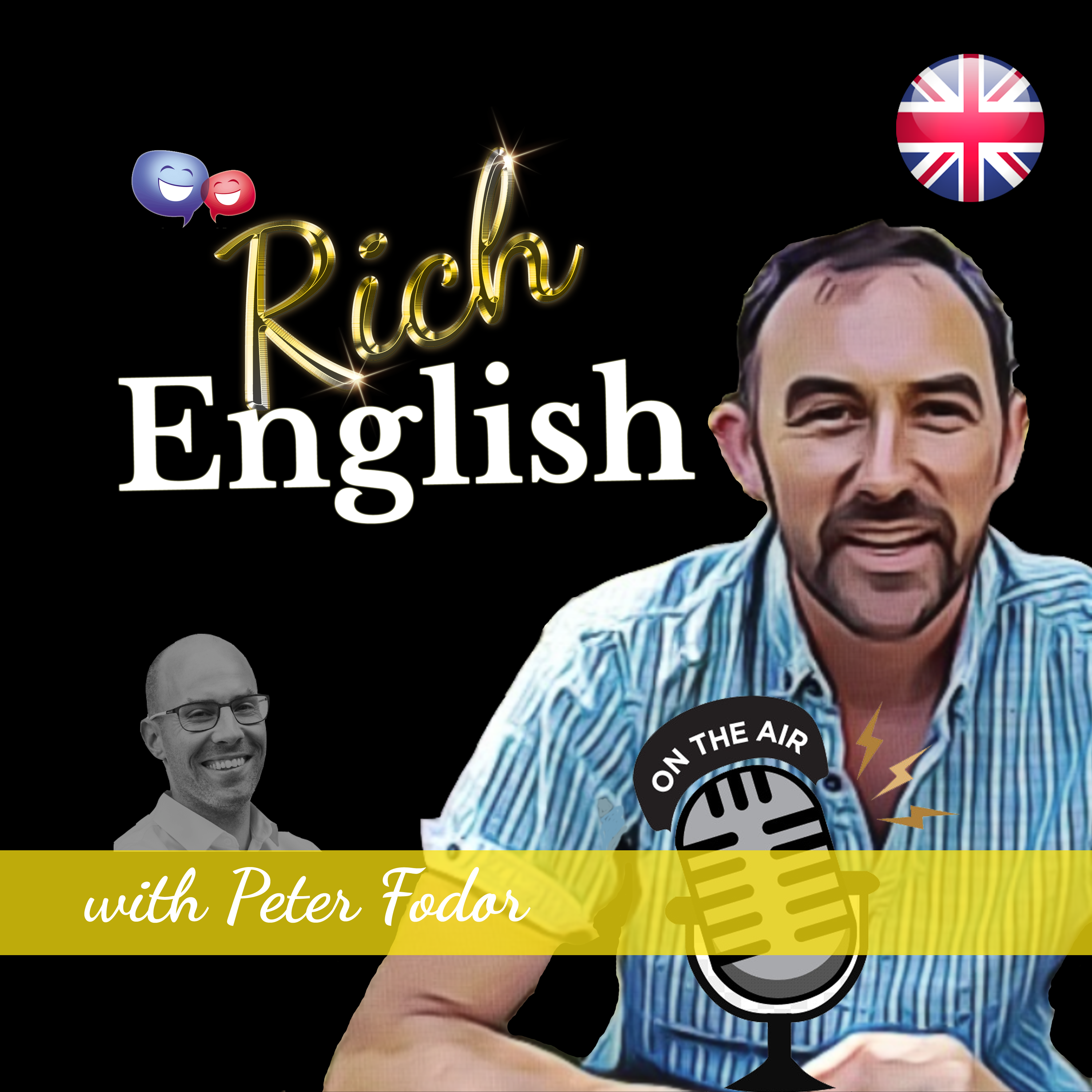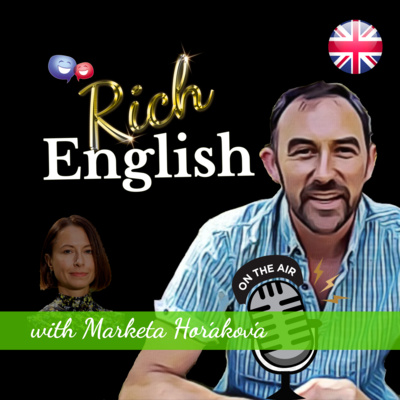Full show transcription here.
When I first moved to the Czech Republic, I had decided to reduce my reliance on technology, especially where phones were concerned. Needing a new phone I opted for the most basic Nokia without even a camera let alone anything as smart as a touch screen. I wanted to be able to call and text, only! Then I met Peter and his team…
On my first visit to Flow Studio, Peter’s original mobile game company, we discovered a shared interest in orienteering. But we’re not here today to talk about running around a forest in all weathers with a map and compass. No, it was Peter and his team’s enthusiasm for tech that reinvigorated me and put me back in touch with my younger self. That sounds awfully serious but really, at the time I met them I had a strong suspicion of all things tech and marketing. Through helping his team with English by researching useful articles on tech industry websites, I remembered that not so long ago I had had more than a passing interest in computer technology, marketing and business entrepreneurship. I can’t state this boldly enough but without my meeting Peter and his colleague Richard, I probably wouldn’t have built my own website, which led to blogging, video courses and now this podcast. Thank you guys.
A Podcast for entrepreneurs, wantrepreneurs, solopreneurs and all those other …preneurs whose native language is NOT English
Peter Fodor is the Founder and CEO of a company called App Agent who help companies producing mobile applications and games to grow their user base and revenues.
In this show we discuss how Peter began learning English and how he continues to improve as well as talk about his business life, starting out with Flow Studio, producing their own mobile games to making the transition into a mobile marketing agency.
Please Donate to Help make Rich English sustainable
Season 1, Episode 2 with Peter Fodor
In the course of the conversation, you’ll hear a few phrases and words I thought you may need explaining. Here they are:
User acquisition and acquiring clients – these are from the verb to acquire meaning – to get. Basically, user acquisition is how you go about finding new users for your application.
Getting into the flow is about becoming used to a particular situation and maybe getting your head in a particular space where you’re feeling comfortable and concentrating.
Workflow is the sequence of events or stages that a project might pass through to go from its initial start to completion.
To have many hats really means that you have different roles you might have a role as the owner of a business but at the same time you also might take on a more menial task such as sending out invoices for example. So you could say I have an administrative role or an administrative hat as well as my owner hat.
A worker bee is a person who is doing the detailed work, so it might be somebody in administration or might be somebody in design but worker bees are the people who are carrying out the larger ideas conceived by the boss.
A pool of talent is the number of people who are available in any given sector of business who might be your target to take on as an employee.
Collaborative tools are platforms such as Slack, Trello, Asana or even your Google calendar which is open to other people to view. Basically, any kind of platform where you can work closely with other people in order to further your project.
CV curriculum vitae is a document outlining your education and work/training history and personal interests.
A red flag is a warning.
Check out Peter’s company App Agent – www.appagent.com
Link to full transcription
www.richardhill.cz
Suggested app/extension mentioned by Peter – www.grammarly.com
Next week I will be back with a solo show to help you with remembering your new vocabulary. OK, take care for now, bye-bye.
Richard.
Opening the door to a whole world of English content
Certainly Rich English won’t be for everyone, but if you’re interested in hearing real conversations with people who are entrepreneurs, business owners, self-employed or career-minded then it might be for you. My hope is that by interviewing (mainly but not exclusively) non-native English speakers about how they got started in business and their English learning journey, you, the listener will gain insight, knowledge and confidence to carry out your own plans and ideas. You will also hear me explain some of the industry-specific words and phrases allowing you to better understand the conversation and open the door for you to listen to other similar podcasts and read blogs, websites, books etc. in English.

